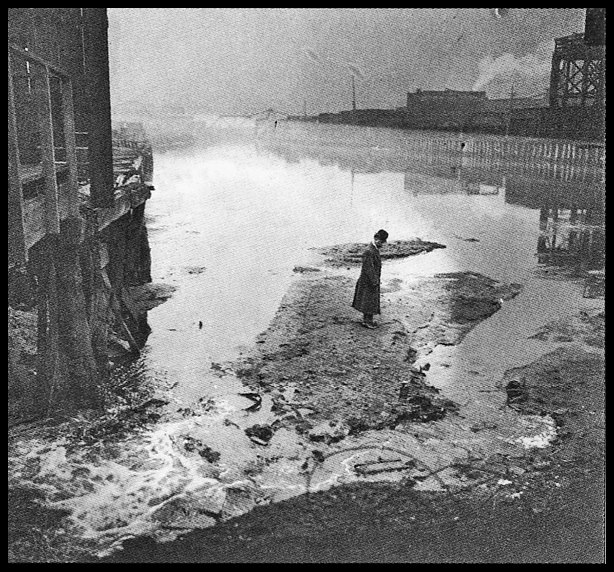
Alex Blanchette: Irremediable Ecologies
Alex Blanchette: Irremediable Ecologies
Fri Mar 10 12:31:29 CET 2023

Decomposing with America’s oldest industrial animals.
Public talk by Dr. Alex Blanchette (Associate Professor, Tufts University)
Monday, 13.03.2023, 11:00AM – 12:20PM
Institute of Ethnology, Czech Academy of Sciences (CAS), Prague
The BOAR ERC project of Department of Ecological Anthropology, Institute of Ethnology, CAS, and in collaboration with the Fencing the Feral project from Aarhus University, invite you to a public talk by anthropologist Alex Blanchette (Associate Professor,Tufts University) on “Irremediable Ecologies: Decomposing with America’s oldest industrial animals”
Blanchette is author of Porkopolis: American Animality, Standardized Life, and the Factory Farm (2020, Duke University Press) and the co-editor of How Nature Works: Rethinking Labor on a Troubled Planet (2019, SAR Press).
The talk will take place at 11AM on Monday 13.03.2023, at the Institute of Ethnology, CAS, Prague. The event can be attended in person or on-line. Registration is required for attendance — To register, click here
ABSTRACT
Chicago’s Bubbly Creek is a complicated waterway: an ecology overwhelmed by industrial violence, a premonition of racial capitalism’s planet-distorting powers, and the historical locus of logics of biosecurity that make modern animal agribusiness possible. Between 1865 and 1920, blood and entrails from millions of hogs, cows, and sheep were dumped in the south fork of the South Chicago river. Labeled the animate “child of the stockyards” in the early 20th century, Bubbly Creek is an inadvertent feat of industrial engineering that still occasionally churns with bubbles to this day — as pockets of gas spring from the slow-decomposing sediment of 19th century animal blood and entrails. Over the past 100 years, there have been numerous proposals to return this small river to its pre-industrial state to make room for gentrification and other forms of urban development. These efforts have perennially failed. As city planners begin a new round of earnestly exploring how to entomb these animal remains, this talk considers what might be lost if this past was suddenly buried. It instead follows how artists, activists, and athletes are creating communities of value in irremediable landscapes by inhabiting the rhythms of slow decomposition. As part of a broader project on overcoming the legacies of the Chicago Stockyards, it examines these efforts to inhabit Bubbly Creek as exemplars of what it might mean to deindustrialize ecology today.

